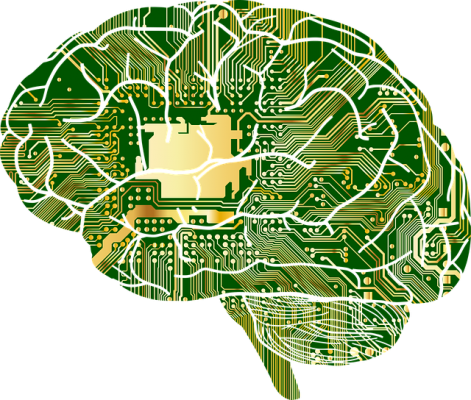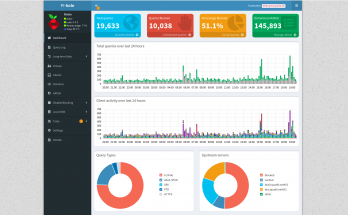While there is a small kernel of truth to concerns about so-called technology addiction, available evidence suggests that claims that we are facing a crisis are entirely unwarranted.

What Is a Reasonable Balance?
As all of us try to make sure we’re not overdoing any aspect of our lives, from getting our day-to-day work done, to not bringing it home with us, to relaxing with the sports betting NZ provides access to, and finding other ways to wind down and have fun. It’s all part of an everyday juggle.
Balancing our technology use with the other parts of our lives is necessary, but there’s a lot of often conflicting advice about where we should be drawing the line. A lot of the discussion is framed around making sure we’re fighting an addiction to tech, but, in my opinion, this resembles a moral hysteria that is giving voice to frightening claims based on weak information.
Is Tech Like Cocaine or Heroin?
Scaremongers are claiming that technology use is responsible for activating the same pleasure centres in our brain that methamphetamine, cocaine, and heroin use does. Again, there’s a kernel of truth here, but our brain’s responses to pleasurable experiences is not simply reserved for unhealthy things.
Anything enjoyable sees dopamine being released in our brain’s pleasure circuits, whether this is reading a good book, getting involved in a wonderful conversation, having a good swim, eating a tasty meal, or having sex! Technology use can cause dopamine to be released to our brains, but at the same level as other normal, enjoyable activities: about 50% to 100% above normal levels.
Cocaine, contrastingly, increases the dopamine levels in our brains by 350%, and methamphetamine takes this to a whole new level, boosting it by an incredible 1200%.
Brain Imaging Studies are Not So Reliable
Comparisons between addictions to technology and the abuse of substances are also frequently based on Brain Imaging studies, which have proven to be somewhat less reliable than their authors claim. Other recent Imaging studies have recently claimed to debunk past claims that violent video games desensitize younger brains, resulting in the children who play them showing less of an emotional connection to others, and less empathy with suffering not their own.
Too Much Time on the Phone is Not Addiction
People who rant about technological addictions are often expressing frustration with their smartphone use, or exasperation with how much time their kids are spending playing games online. These behaviours are not markers for actual addiction, however, which would involve significant levels of interference with other life activities like work, social relationships, and school.
My own research suggests that around 3% of gamers, or even less, are at risk of developing problematic behaviour, but most of these difficulties are mild, and will go away on their own over time.
Of course there are actual problems relating to technology, like issues surrounding privacy, and a balance between using tech and seeing to the other aspects of your life should be maintained, but claims of addictive behaviours are hyperbolic and should be taken with a pinch of salt!


